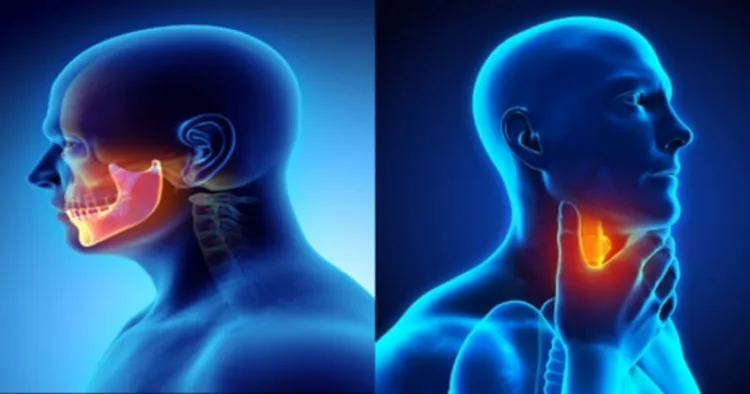Recent research has suggested that drinking coffee and tea may lower the risk of developing head and neck cancer, a group of cancers that includes cancers of the mouth, throat, and larynx.
The findings, published in the peer-reviewed journal CANCER by the American Cancer Society, offer new insights into the potential protective effects of these popular beverages.
A new pooled analysis combining data from 14 studies has revealed promising results for coffee and tea drinkers.
The research, conducted by the International Head and Neck Cancer Epidemiology Consortium, examined over 9,500 patients with head and neck cancer and more than 15,700 cancer-free controls.
The findings suggest that individuals who consume coffee and tea regularly may experience a reduced risk of developing head and neck cancers.
The study found that individuals who drank more than four cups of caffeinated coffee daily had 17 per cent lower odds of developing head and neck cancer compared to non-coffee drinkers.
Furthermore, regular coffee drinkers showed a 30 per cent reduced risk of oral cavity cancer and a 22 per cent lower risk of throat cancer.
Specifically, consuming 3-4 cups of caffeinated coffee daily was associated with a significant 41 per cent reduction in the risk of hypopharyngeal cancer, a type of cancer located at the bottom of the throat.
Even decaffeinated coffee appeared to have a protective effect. Drinking decaf coffee was associated with a 25 per cent lower risk of developing oral cavity cancer. In addition, tea consumption was linked with a 29 per cent lower risk of hypopharyngeal cancer.
The study also found that drinking one cup or fewer of tea daily was associated with a 9 per cent reduced risk of head and neck cancer overall, and a 27 per cent lower risk of hypopharyngeal cancer.
However, drinking more than one cup of tea daily showed an increased risk of laryngeal cancer, with a 38 per cent higher chance of developing this cancer type.
The analysis highlights the complex relationship between coffee, tea, and various subtypes of head and neck cancer.
While caffeine and tea are widely believed to offer health benefits, the study indicates that their effects vary depending on the type of cancer. Specifically, decaffeinated coffee showed a positive impact, suggesting that factors beyond caffeine may contribute to the protective effects.
Despite the promising results, researchers caution that more studies are needed to better understand how coffee and tea affect cancer risk.
Senior author Yuan-Chin Amy Lee, PhD, of the Huntsman Cancer Institute and the University of Utah School of Medicine, emphasised that these findings support the need for further data on the impact of coffee and tea consumption on cancer prevention.
“Coffee and tea habits are fairly complex, and these findings support the need for more data and further studies around the impact that coffee and tea can have on reducing cancer risk,” Lee said.
While coffee and tea may offer protective benefits against head and neck cancers, more research is required to understand the full extent of their impact.
The latest study provides a compelling argument for the inclusion of these beverages in a balanced diet but highlights the need for ongoing scientific inquiry into their potential role in cancer prevention.
(With inputs from ANI)



















Comments